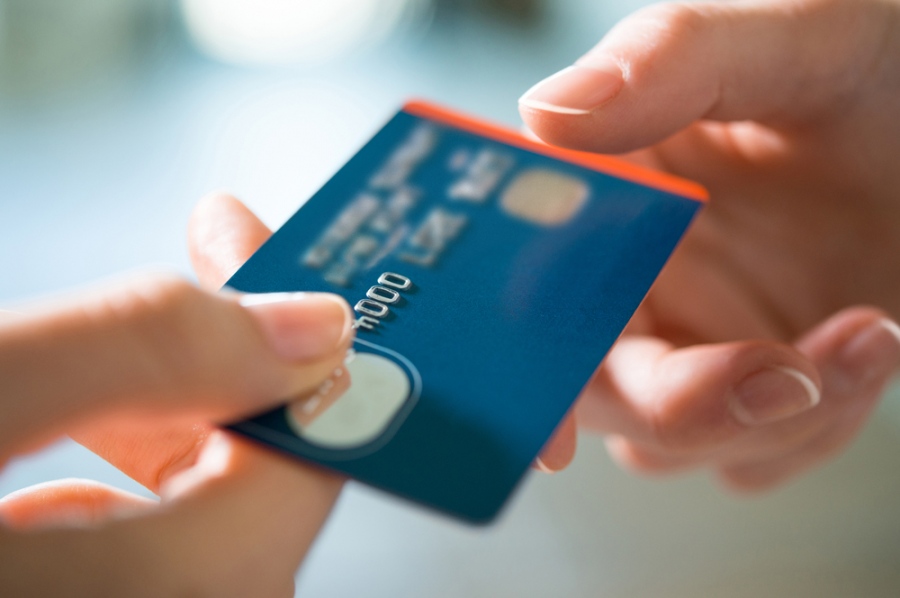10 Expert Tips To Manage Your Credit Card Wisely
Credit cards can be a convenient way to borrow if you learn to use them in the right way. However, if you get it wrong, you could soon find yourself in a debt spiral that quickly goes out of control if you’re not paying off your dues in full or before the end of free interest periods.
To make it easier for you, here we are sharing 10 tips to help you manage your credit card much more efficiently.
1. Select The Right Credit Card For You
There are a variety of credit cards available in the market to choose from and any of them could be the right or wrong one for you. Before applying for the credit card, make sure to assess your individual needs and what you want from your card.
For instance, whether you are looking for a low-interest rate, dining or travel rewards or a nil balance transfer rate, assess your requirements thoroughly and apply to the specific credit card that fit the criteria.
2. Set Up Automatic Payments
Setting up automatic payments or making your credit card payment online to protect yourself from late credit card bills is a great option.

Make sure that the scheduled payment is more than the minimum due payment and you have enough funds in your account before the payment is scheduled. Otherwise, you will have to pay a late fee or a charge for a returned payment.
3. Always Pay Your Dues Off Ahead Of Time
There are multiple reasons why you should always pay your credit card dues ahead of time. The most important is to avoid high-interest payments. If your credit card accounts are paid-in-full, it will enjoy an interest-free grace period, which usually lasts until the next due date.
In addition to avoiding high-interest payments, paying your credit card dues ahead of time also helps to improve your credit score as it reduces your used credit limit, also called your credit utilization.
If you fail to make payments or are always late, that will be reflected in your credit score and impact it negatively. It is, therefore, important to clear your dues and avoid the trap of a lower credit score, added fees, and higher interest rates.
4. Keep A Track On Your Spending
When you keep a close track of where you spend your money, you will be less likely to overspend on your credit card account.
Avoid maxing out or spending close to your credit limit as it could cause long-term financial issues including piling debt, fees, and irreversible damage to your credit score. The ideal practice is to always use less than 30% of your total available credit.
Make sure to check your credit card balance by logging into your online account before you make any new credit card purchase. It is especially important if you’re planning to make a big credit card purchase or have a lot of shopping to do.
5. Take Advantage Of Rewards/Benefits
Make sure to take full advantage of various rewards or benefits programs offered on your credit card. Best reward credit cards in India offer everything from cash back, gift cards, to airline miles.
Choosing the right credit card can allow you to save a substantial amount of money on the places you visit and things you do frequently. If you’re planning to get a new credit card, always make sure to choose the one that best suits your specific needs and lifestyle.
6. Never Skip A Payment
Pay your credit card bill every month, irrespective of the amount you can afford. Missing a payment could result in several charges including the late fee, penalty interest rates and a negative impact on your credit score.
The best way to manage your credit card dues is to pay it in full each month. This way, you avoid interest and also avoid the risk of going into a cycle of unending debt.
7. Use Your Credit Card As A Budgeting Tool
If you’re sure about your ability to use a credit card responsibly and pay off your dues every month, try to use it as a budgeting tool.
By making all your monthly purchases with your credit card, you can allow yourself to see exactly how much you’ve spent at the end of the month.
One of the thumb rules to make sure your credit card spending doesn’t get out of hand is to never charge more to your credit card than you have in your bank account.
8. Don’t Keep Too Many Credit Cards
Keeping too many credit cards will make it very difficult to keep a track and master all of them. Apart from keeping a tab on the payment due dates, it’s hard to know which one of them have balanced and which don’t. Further, too much credit card dependency can turn dangerous and lead to money troubles, huge debts, and bad credit in the long run.
9. Pay Off Your Credit Cards One At A Time
Instead of paying down multiple balances on your credit cards over some time, it’s always wise to focus on paying off one credit card at a time.

The best practice is to put all your extra money toward that one card while paying the minimum on all your other credit cards. Apply this technique to each of the credit cards you own until all the dues are paid off. This is one of those rare times when it’s ok to pay the minimum on your credit card.
10. Keep Your Purchases Within Your Budget
The secret to keeping your credit card balance manageable and at a level that you can afford to pay in full each month is to be mindful and consider your budget as you make purchases.
If your credit card spending exceeds what’s available in your budget, its a sign of the risk you are at of being unable to pay dues in full that month.
To Wrap
Credit cards, if managed well, can be great for building a strong financial future and developing an excellent credit score.
The above tips can help you manage your credit cards wisely and avoid a mountain of debt that you might struggle to repay for years.











